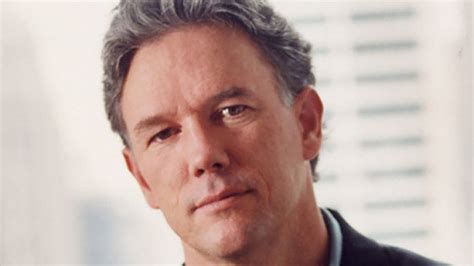Top 22 Quotes & Sayings by William Finnegan
Explore popular quotes and sayings by an American journalist William Finnegan.
Last updated on April 14, 2025.
It's completely different, for instance, to report on poor farmers in Africa than it is to report on, say, poor African-Americans. The familiarity of my readers with the terrain, and their preconceptions, are quite different in those two cases, and their perspective, as I imagine it, has to be taken into account at every turn.
Rich white people show up in a poor country to pursue their leisure-time fun, get served by black and brown people, and live in relative - or absolute - comfort. In the water, that situation can get turned on its head, though. Local kids learn to surf, know the breaks, and take most or all of the best waves, fuming turistas be damned.

















